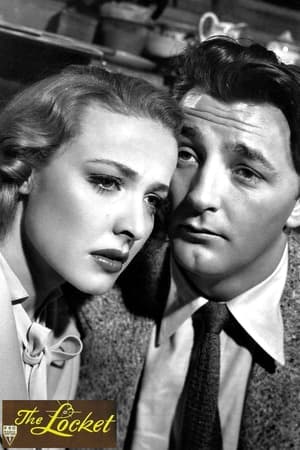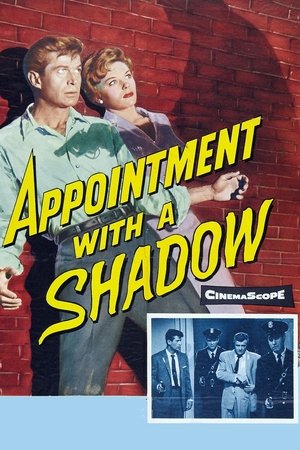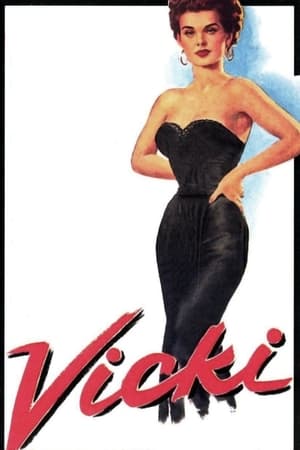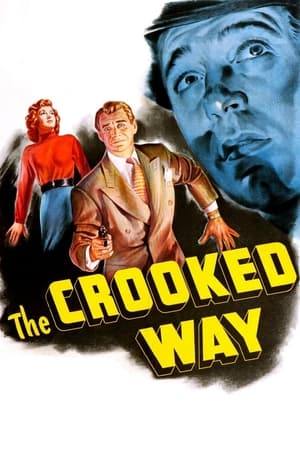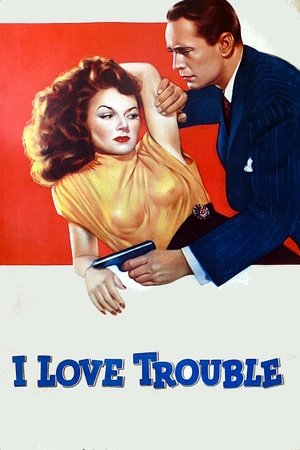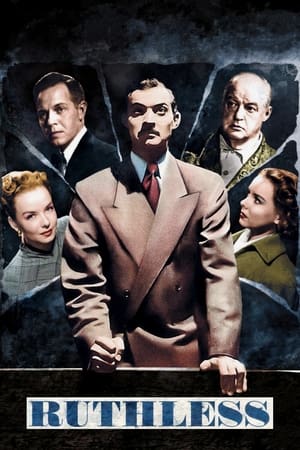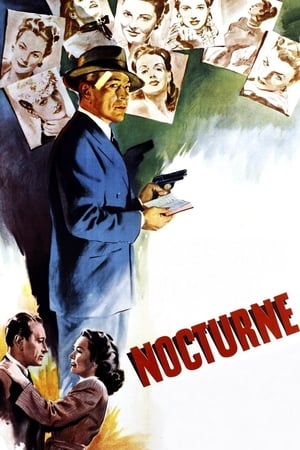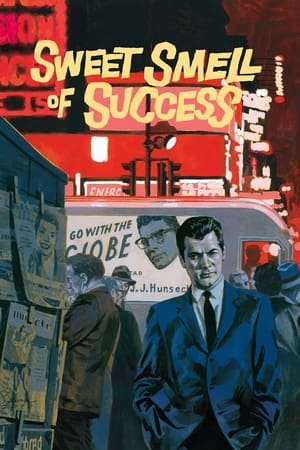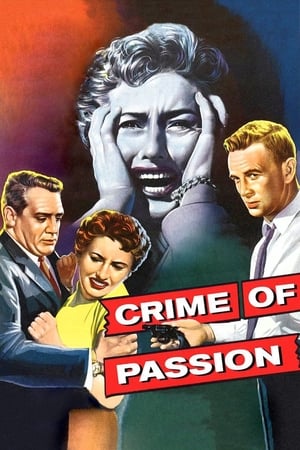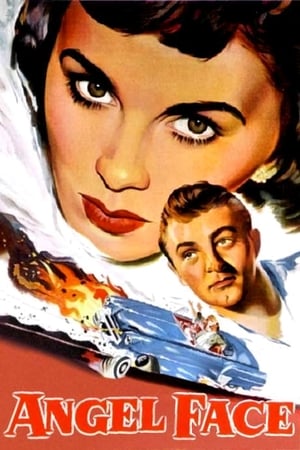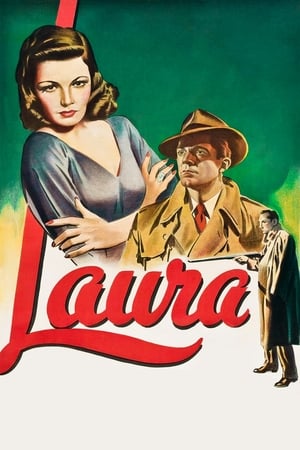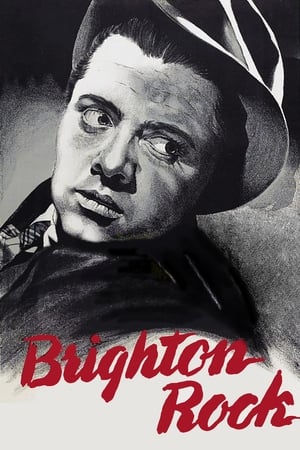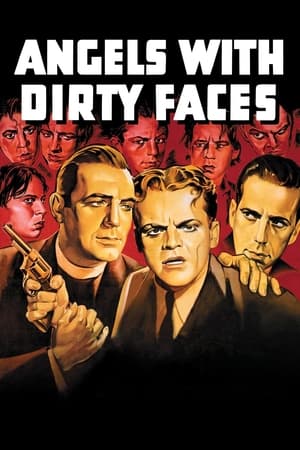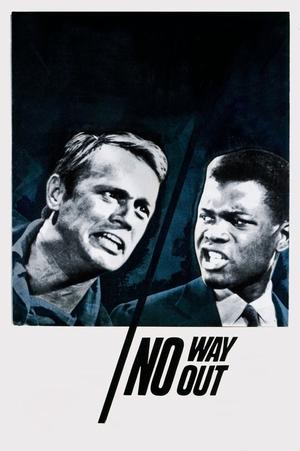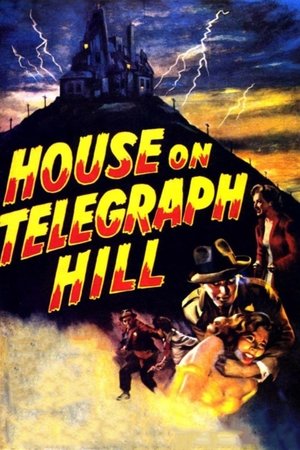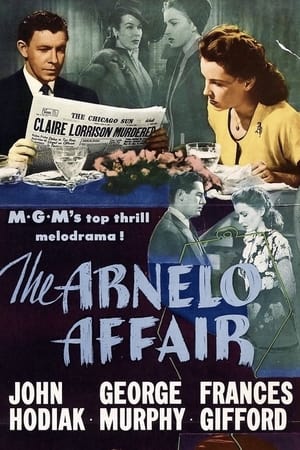Overview
With the help of some seedy gangsters, young attorney Steve Keiver makes some quick cash by bending the law, and in the process, he impresses the mobsters so much that they invite him to work for them on a regular basis. But when Police Inspector Matt Duggan realizes that Steve is working as a middleman for the mob, the young lawyer finds himself in a life-threatening situation. In order to clear his name, he must betray the deadly crooks he's been working for.
Reviews
Legal fencing!
No Questions Asked is directed by Harold F. Kress and written by Sidney Sheldon and Berne Giler. It stars Barry Sullivan, Arlene Dahl, Jean Hagen, George Murphy, Richard Anderson and Moroni Olsen. Music is by Leith Stevens and cinematography by Harold Lipstein.
Sullivan plays Steve Keiver, an insurance lawyer unhappy with his rate of company advancement. He hits on the idea of being a middleman in deals to recover stolen property from the Mob, thus earning a nice pay off for himself whilst the insurance company are saved money by not having to pay out. But sure enough his actions attract police attention and before he knows it he is up to his neck in double-crosses, frames and dames!
Tone is set from the off as our protagonist is on the run from the police, it's a dimly lighted moist street and he begins his narration. From there we get the film flashback of how he has come to be a wanted man.
We are in noirville so obviously we have a bona fide femme fatale (Dahl smouldering) who is greedy, immoral, manipulative and thinks nothing of crushing Keiver's dreams. If he's to go to his doom then she really will not give it a second thought - and yet he loves her and would have married her in a heartbeat. He's a classic noir dope, he just can't see the bad in the woman he so covets, which is all the more annoying since the lovely firm secretary Joan Brenson (Hagen excellent) covets him and he can't see the wood for the trees where the two ladies are concerned.
We have a bunch of run of the mill villains, with one who has a kink involving how long he can hold his breath under water for, though we do get a robbery scene that comes to reveal some devilish cheek soon afterwards. The cops you kind of get miffed about since the whole scam that Keiver has set up is implausibly allowed to flourish. Yet when things go bad for Keiver later in the play, we enter a dark world, where even if the finale isn't pure film noir, we get some moody turns of events that softens any feelings of there being a damp squib at film's end. 7/10

 80 min
80 min
 6
6
 1951
1951
 USA
USA
 John Chard wrote:
John Chard wrote: